Nancy and I have mentioned that we started using heirloom seed rather than hybrid seed in our vegetable garden this year and we thought it might be good to give you a short explanation concerning the thinking behind our decision.
More and more people are becoming aware of the value of using heirloom seed rather than the hybrid seed that is most commonly sold in stores. Over the past years large commercial seed producers have gradually weaned the public off heirloom seed in the name of greater yields and productivity. By doing so, vegetable gardeners nationwide have become dependent on these huge corporate suppliers. This has become such a normal practice that most weekend gardeners have become oblivious to the problem and unaware that there is another way. After a bit of reading I have concluded that there are three basic kinds of vegetable seed. The first is the F1 hybrids or First Generation Hybrids. These seeds that were developed shortly after WWII have been commercially pollinated and are sterile. This means that once they are used, the seed taken from the fruit or vegetable they produce cannot be successfully replanted – they are in fact sterile. F1 Hybrid seed forces the gardener or farmer to repurchase seeds from the supplier every growing season.
The second type is genetically or bioengineered seed. The upside to bioengineered seed is that they can be genetically altered to produce more drought or cold resistant plants. The downside is that they are actually dangerous to the future of humanity because they can cross pollinate with natural seed altering DNA and threatening their purity. One well known explanation of this occurred when thousands of poor farmers in a province of central India were convinced to abandon their natural seed and replace them with bioengineered hybrid seed produced by Monsanto Corp. in the late 1990’s. As a result their crops could not resist the local pests and diseases causing the cotton crops to fail. The Indian government now estimates that 25,000 farmers have committed suicide as a result. For a more detailed article click here.
The third type of seed is heirloom. Heirloom or “open pollinated” seed is natural and can be passed from generation to generation because they have the ability to reproduce season after season. For example, if you grow a tomato plant from heirloom seed you can harvest the tomatoes in the fall, save and dry their seeds, and replant them the next spring for another harvest. Heirloom seed is the kind of seed that has sustained the human race up until 1951 when hybrids were first developed. There have been thousands of fruit and vegetable species that could be lost with the growing dependency of hybrids simply because hybrids are specialized and focused on production more than natural heritage. One writer reveals, “With heirloom seeds there are 10,000 varieties of apples, compared to the very few F1 hybrid apple types.” Heirloom seed will continue to serve humanity as long as there are stewards who understand their value and continue to protect their integrity. More and more organic gardeners are not only trying to use and preserve these seeds, but encouraging others to do the same.
Hybrid seeds are like mules. They have great value for one generation but when their life is over their breed ends with them. A mule is a cross between a horse and donkey and like hybrid seed they are sterile and unable to reproduce. Mules are specially bred for their calm disposition, endurance and strength. They have great value as long as there are breeders deliberately crossing horses and donkeys. If however the world became dependent on them for survival, mule breeders would have a controlled corner on the market having the ability to make vast amounts of money. American agriculture is rapidly falling into this kind of dependency.
Many are coming to recognize the need for sustainability – sustainable individual lives and a sustainable planet. They are awakening to these critical issues. As a result many are ringing bells of alarm and becoming keepers of purity. The use and production of hybrid and genetically altered seed, like so many other things these days, is at best short-sighted. They may produce abundance for the short term but may have the devastating potential to threaten the welfare of future generations.

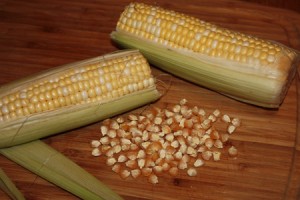
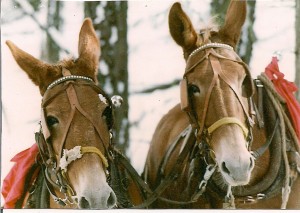
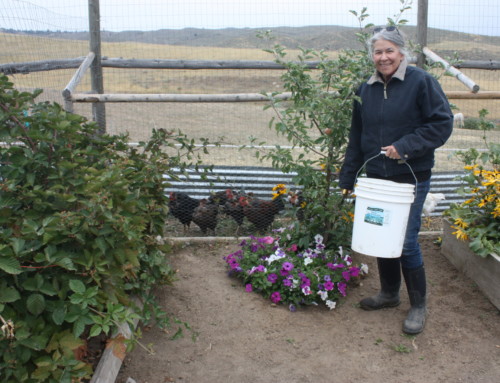

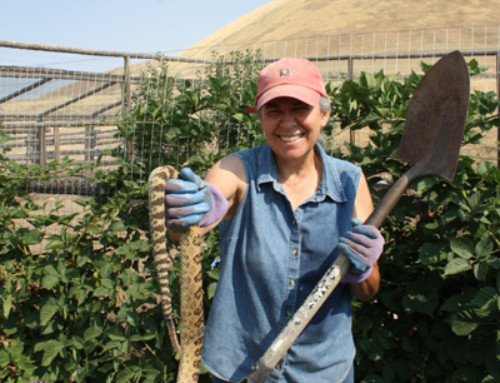
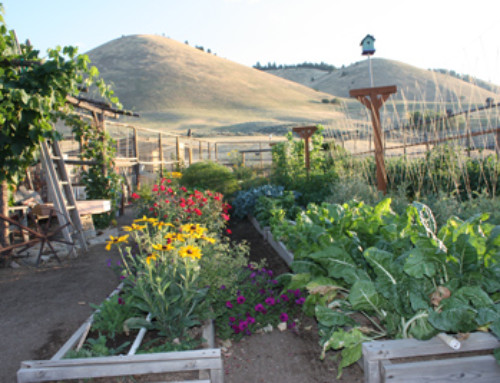
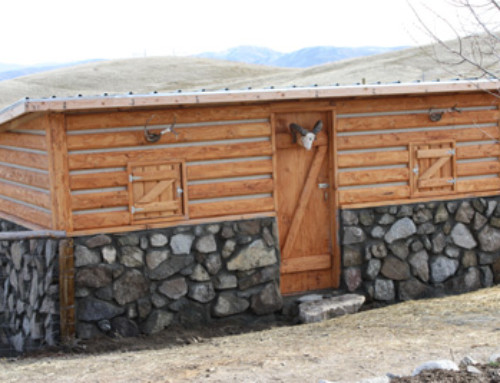

Leave A Comment
You must be logged in to post a comment.